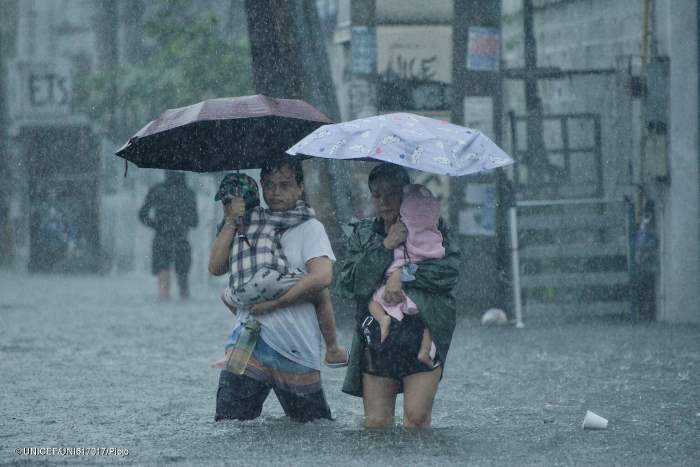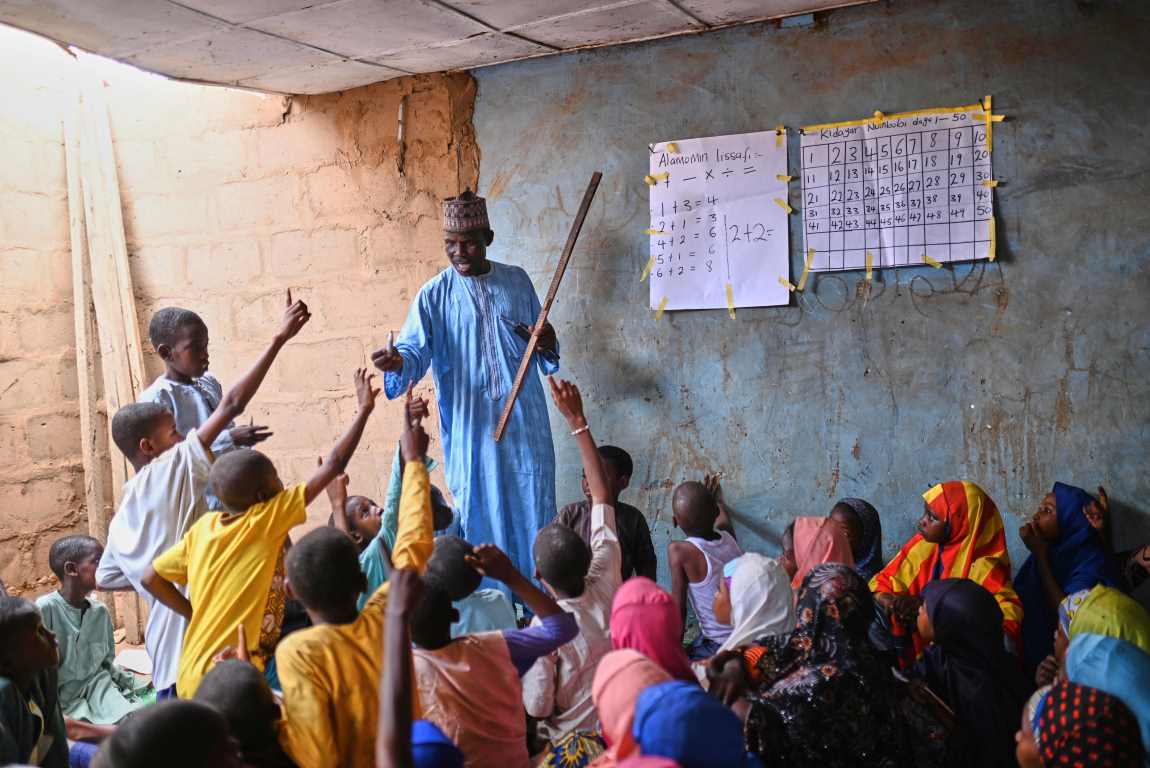The future of childhood could face significant upheaval unless urgent measures are implemented to address global challenges, UNICEF warned in its The State of the World’s Children 2024: The Future of Childhood in a Changing World report released on World Children’s Day.

Highlighting the impact of three major megatrends – demographic shifts, climate crises, and technological disparities – the report offers a sobering projection of life for children by 2050 and beyond.
UNICEF Executive Director Catherine Russell emphasized the stakes: “The projections in this report demonstrate that the decisions world leaders make today – or fail to make – define the world children will inherit. Creating a better future in 2050 requires more than just imagination, it requires action. Decades of progress, particularly for girls, are under threat.”
The report underscores that the climate crisis is one of the most pressing threats. By the 2050s, eight times as many children could be exposed to extreme heatwaves compared to the early 2000s, alongside heightened risks from floods and wildfires. Access to climate-resilient infrastructure, clean water, and healthcare will heavily influence children’s vulnerability to these hazards.
Demographic changes also paint a complex picture. While sub-Saharan Africa and South Asia will house the largest child populations, the global share of children in the population will decrease, straining resources in regions with aging populations. For countries with large child populations, the need for expanded services remains critical.
Technology, particularly Artificial Intelligence (AI), presents both opportunities and risks.
Although AI has already begun shaping children’s learning environments, disparities in digital access remain stark. In 2024, internet access exceeds 95% in high-income nations, while it lags at just 26% in low-income countries. These gaps threaten to leave millions of children ill-prepared for future opportunities in education and the workforce.
However, the report offers hope. Continued investments in education and health, alongside environmental protections, could improve outcomes significantly. By the 2050s, global primary education access is projected to reach 96%, and gender disparities in education could narrow with targeted interventions.
UNICEF’s report urges action to center child rights in global strategies. Key recommendations include boosting investment in sustainable infrastructure, improving access to digital tools, and advancing climate-resilient policies.
This year, World Children’s Day – UNICEF’s annual day of action for children, is being commemorated under the theme, “Listen to the Future”. As part of its World Children’s Day campaign, UNICEF collected letters from children around the globe envisioning a better future – letters that resonate with urgent calls for safety, education, and environmental protection.
“We can shape a better future for tomorrow’s children, and we have to get started today,” said Russell.
Article Source:
Press Release/Material by UNICEF
Featured image: Muktar Garba director program agency for mass education engage the pupils in a class activity in Makarantar Malam Muhammadu Bingel Rugga-Iya Dagawa Yabo Sokoto State. (11th March, 2024) Credit: © UNICEF/UNI541161/Boman




